Sell More Tea
Tea Biz reaches retail and wholesale buyers globally.
New Episode
-
Kenya’s Annual Tea Bonus Brings Strife | Sri Lanka Reinstates Minimum Daily Wage Challenged in High Court | Lipton CEO Nathalie Roos Resigns
Episode 186Tea News for the week ending Sept. 20, 2024
Powered by RedCircle
India Tea News | Week of 13 September 2024
India Tea News | Aravinda Anantharaman 
Tea bonus protests, arson and looting led to one death and several injured Kenya’s Annual Tea Bonus Brings Strife
By Dan Bolton
Disappointing bonus payments angered tea workers at several Kenya Tea Development Agency (KTDA) factories and led to violent and, in one instance, deadly protests. Protesting smallholders questioned the accounting and fairness of apportioned funds.
The Nation reports approximately 612,000 small-scale growers qualified for the estimated final bonus for sales through June.
Kenya Tea News reported that Principal Secretary of Agriculture Dr. Paul Rono has directed the Tea Board of Kenya (TBK) to audit all KTDA financial commitments and operations and all its assets.
KTDA National Chairman Enos Njeru reassured smallholder tea farmers that the bonus figures announced by factory directors adhered to the established accounting standards.
Njeru said figures released by the factory companies are prepared in compliance with International Accounting Standards (IAS) and International Financial Reporting Standards (IFRS) as governed by the Institute of Certified Public Accountants (ICPK).
“KTDA Management Service is an ISO-certified company and is bound to comply with these standards for the proper running of factory companies,” Njeru said in a statement.
At the end of the 2023/24 fiscal year, President William Ruto estimated that KTDA earnings had increased by KSh30 billion and predicted that farmers would earn a record average bonus of KSh 70 shillings. The average is far less.
Tea exports set a record $1.4 billion (KSh181 billion) in sales in 2023, a $950 million increase from an outstanding harvest totaling 523 million kilos. A further KSh16.4 billion was sold locally for a total of Ksh197 billion about $1.525 billion USD).
However, the improvement in farmers’ payments this year is mainly due to the devaluation of the shilling, as dollar prices remain flat.
Last October, tea farmers received a Ksh 44 billion bonus in addition to KSh 24 billion in monthly payments totaling Ksh 67.67 billion (about $525 million USD). KTDA manages 69 factories, of which 17 operate as satellite units. KTDA growers harvested 1.13 billion kilos of green leaf and produced 267 million kilos of made tea.
The large export sales total raised expectations, but the annual bonus, calculated for each of the 56 KTDA-owned factories, is based on average annual sales of tea, with fewer monthly payments to growers. The cost of operations and factory overhead is then subtracted, and the remaining sum is distributed based on how many kilos each grower contributed to the total. About 45 million kilos of tea (from roughly 225 million kilos of green leaf) remain unsold.
In Bomet County, a 28-year-old protestor was killed and two others seriously injured when anti-riot police fired on looters who breached the Mogogosiek factory gate In Kirinyaga County, hundreds of tea farmers took to the streets rejecting a KSh 46 per kilo bonus.
Growers carried signs reading “Reject the peanuts” and “Kwani ni mayai,” which in Kiswahili translates as “Is it a payment for eggs?”
At the Miciimikuru factory in Meru County, protesting workers angrily set fire to 12 acres of factory-owned fields after learning their annual tea bonus was only 35 shillings. Factory board chair Stephen Kathiri told Business Daily, “Since last year, we have not sold orthodox tea and are stuck with 786,000 kilograms worth KSh 353 million at the warehouse. This negatively affected our cash flow, leading to lower pay.”
In contrast, workers at the Ngere factory earned 62, those at Nduti 60.9, Imenti 60.3, and Gathuthi 57 shillings (an increase of 13 shillings compared to last year). Workers at the Githongo factory were happy with 56 shillings; at Githambo, they were angry despite a 42 shillings per kilo bonus. This is because the newly elected board estimated the bonus would be 60 shillings when running for election last month, only to disappoint.
At the Gitugi Tea Factory, the board approved the KSh 53 per kilo bonus payment, a KSh 4 reduction from what farmers were paid last year.
The bonuses at factories west of the Great Rift Valley were meager, with workers at eight factories earning less than 25 shillings. Nyamache workers received 20 shillings, as did those at Mokama, Mwamu, Mogogo, Kapset, and Rorok. The average bonus south of the Rift was KSh 23. Bonus payments at Nyeri’s five major KTDA factories ranged from KSh 45.5 to 57.3 shillings per kilo.
“The west of the Rift has been affected more by the building up of stocks due to the minimum price, and its factories are the ones paying the lowest bonus,” writes Alfred Njagi, former Managing Director of KTDA Management Services Ltd.
“There are a few exceptions like Momul, which has a high-quality culture, so it’s pay-is-the-best in the West and even beating some of the factories in the East,” said Njagi.
Nyankoba’s 19,244 growers will be paid a KSh40 bonus per kg of green tea sold by the factory, an increase of Sh5 from the Sh35 they earned from last year’s crop but nowhere near the hundreds of shillings per kilo in final bonuses that were paid to growers in past years.
SPOTLIGHT
Lakeside samovar at Lake of the Woods Ontario Canada Samovar Tea at Sunset
Fifty years ago, three industrious Turkish brothers in Havza near Türkiye’s tea-growing region along the Black Sea, fabricated a modern chromium steel version of the traditional samovar. These storied vessels, fired by wood or coal, brew tea while keeping large volumes of hot water on tap.
The Sözen brothers were skilled copper, bronze, aluminum, and steel metalworkers. Their compact, easily disassembled design for Sözenler Semavers (the Turkish word for tea-urn) is now the nation’s most popular brand.
Listen to their story
Sunset Samovar | Dan Bolton Powered by RedCircle
Share this post so that others can benefit
Kenya’s Annual Tea Bonus Brings Strife |Sri Lanka Reinstates Minimum Daily Wage Challenged in High Court | Lipton CEO Nathalie Roos Resigns | Episode 186 | 20 July 2024
Sign up to receive Tea Biz weekly in your inbox.
Spotlight
-
Q&A: Amigos do Chá Founder Elizeth van der Vorst

Elizeth van der Vorst has been a Brazilian tea importer since 1994. Her company, Amigos do Chá, embodies her love of tea and its power to bring people together. Elizeth has been our friend at Tea Journey for several years. Among other things, she feels a deep love for India, particularly Darjeeling. In 2022, Elizeth…
Need To Know News
-

Singtom Tea Garden Bungalows In Darjeeling Burn | Kangra Tea Promotion Plans Announced | Ratan Tata Passes Away at 86
Singtom Tea Garden Bungalows In Darjeeling Burn | Kangra Tea Promotion Plans Announced | Ratan Tata Passes Away at 86 | Tea Biz Blog | Podcast | Episode 190 Read more
-

Bonus Discussions Continue | Tea Board Announces Funds To Promote Domestic Consumption | Elephant Attack in the Nilgiris Claims Third Life In 3 Months
Bonus Discussions Continue | Tea Board Announces Funds To Promote Domestic Consumption | Elephant Attack in the Nilgiris Claims Third Life In 3 Months | Tea Biz Blog | Podcast | Episode 189 Read more
-
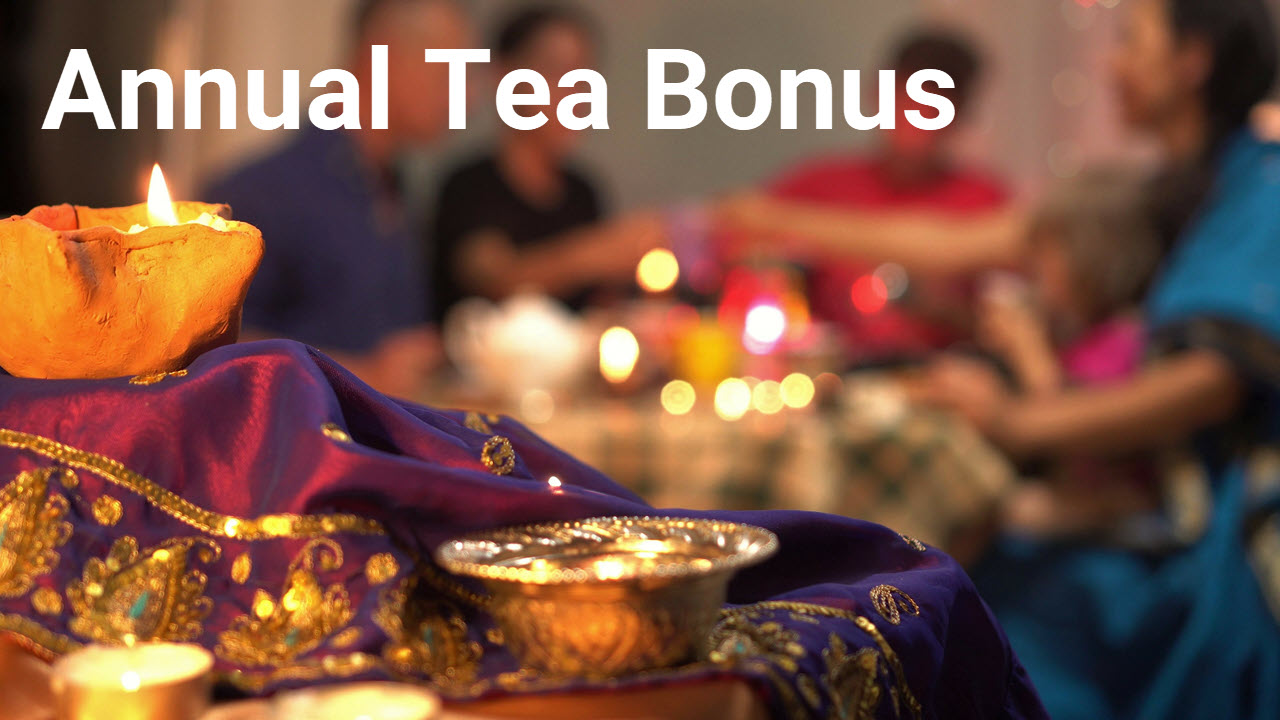
Time For Bonus Talks In North Bengal | FAITTA Meeting In Guwahati |
Time For Bonus Talks In North Bengal | FAITTA Meeting In Guwahati | Tea Biz Blog | Podcast | Episode 185 Read more
-
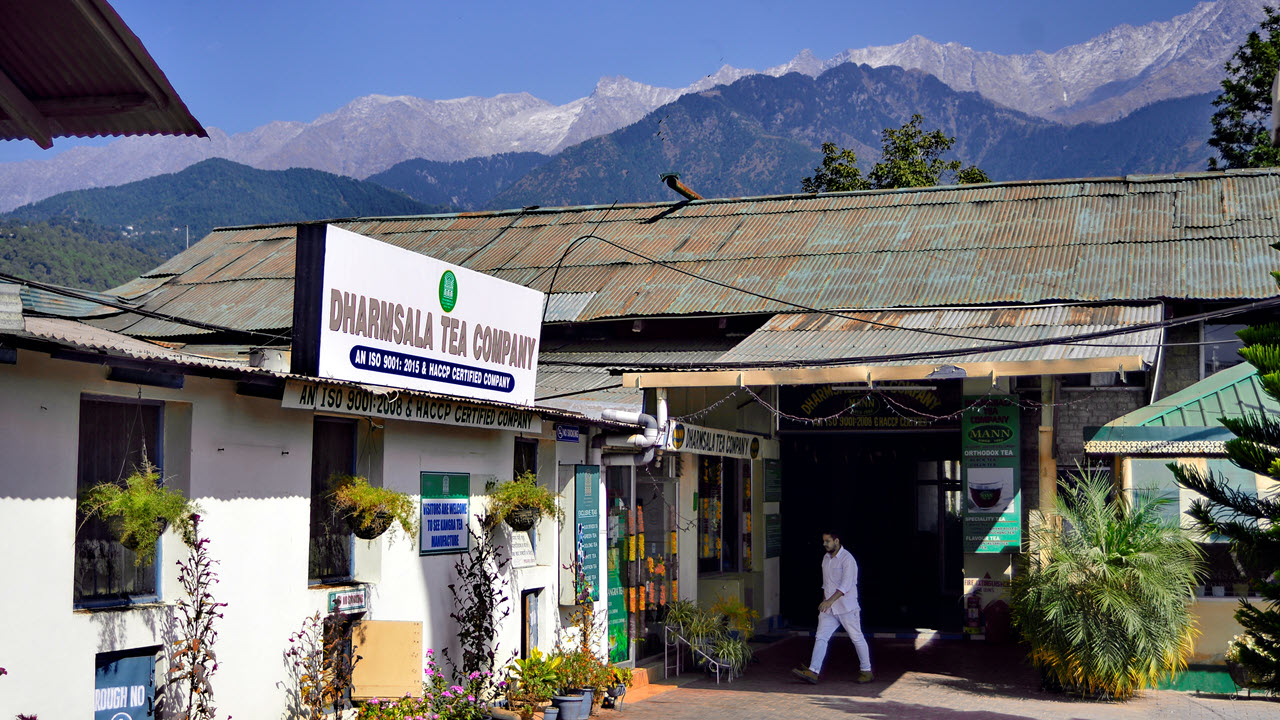
Kangra’s Tea Factories May See Revival | Tea Prices May Go Up As Procurement Costs Rise | CAG Report Highlights Poor Implementation of Labour Laws In Assam
Kangra’s Tea Factories May See Revival | Tea Prices May Go Up As Procurement Costs Rise | CAG Report Highlights Poor Implementation of Labour Laws In Assam | Tea Biz Blog | Podcast | Episode 184 Read more
Podcast Sponsors

Preparation is key to enjoying fine tea. Sequential steeping delivers the best taste possible and unlocks the true value of whole-leaf teas and botanicals. BRU automates the process without using pods or capsules. The simple-to-operate smartphone-controlled device stores steeping profiles to consistently make great tea at the push of a button.
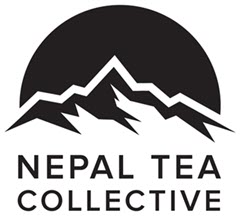
Hi, I’m Nish. I grew up on an organic tea farm and founded Nepal Tea Collective in 2016. Tea is not just a beverage for me but a catalyst for social change, sustainably empowering hardworking artisans like my parents for the past 30 years. I’m on a mission to make the whole world aware of the goodness of Nepali teas and the good that comes from supporting growers in this remarkable land.


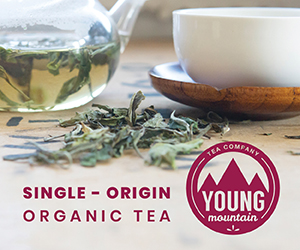
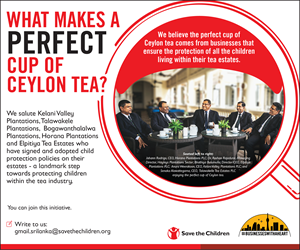
Blog Sponsors


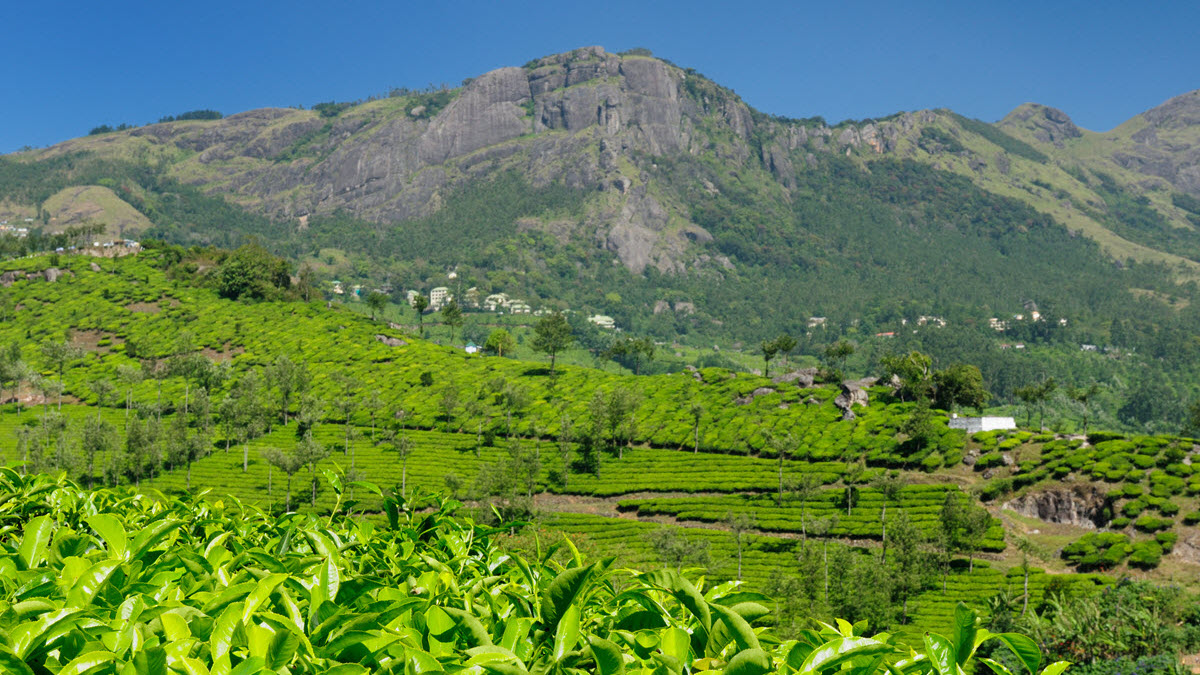
“
Tea Biz is a hub of expertise essential for buyers and sellers to thrive in the market.
Dan Bolton | Editor and Host | Tea Biz Podcast | Blog
Features
-
Samovar Tea at Sunset

Fifty years ago, three industrious Turkish brothers in Havza, near Türkiye’s tea-growing region along the Black Sea, fabricated a modern chromium steel version of the traditional samovar. These storied vessels, fired by wood or coal, brew tea while keeping large volumes of hot water on tap. | Episode 186 | Tea Biz Blog | Podcast
-
Northwest Tea Festival Nears
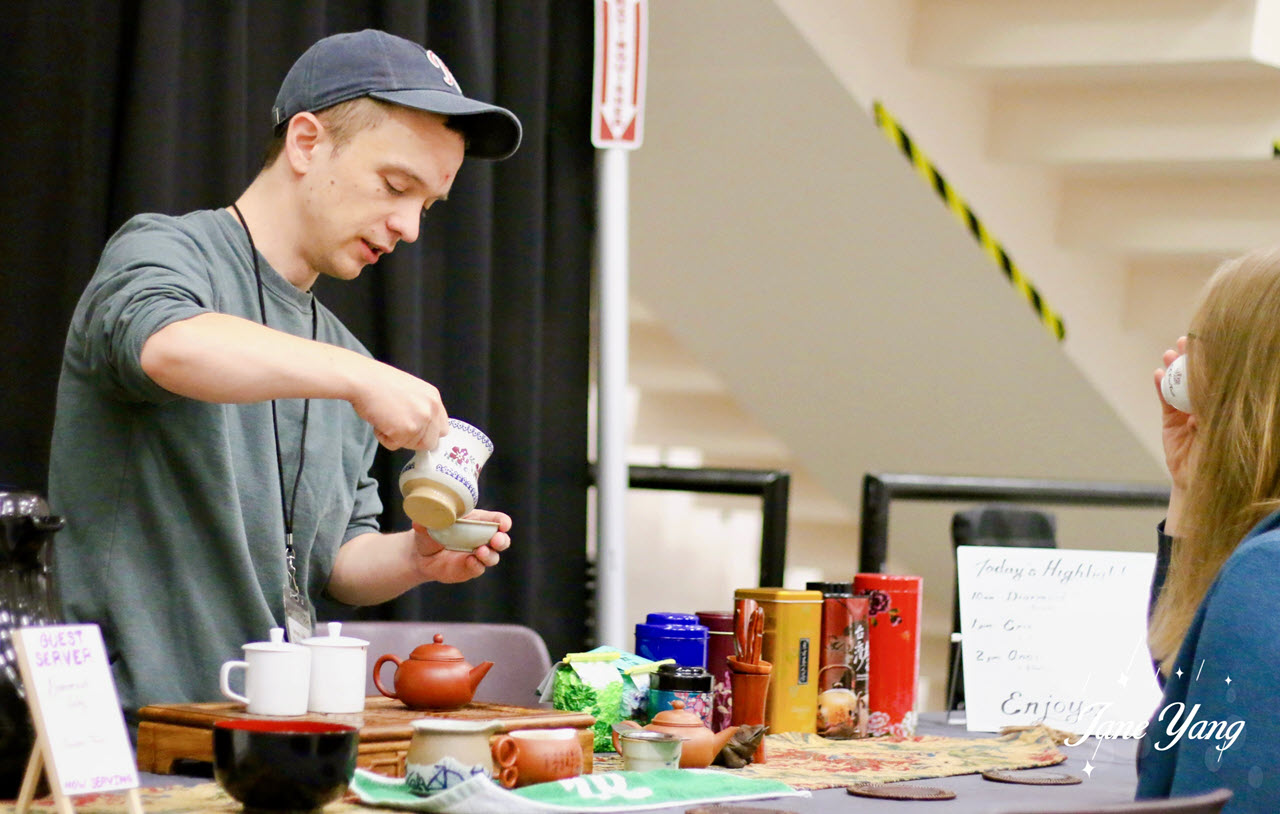
The 14th Annual Northwest Tea Festival draws tea enthusiasts to Seattle for two educational and fun days at the Seattle Center on September 28th and 29th. | Episode 182 | Tea Biz Blog | Podcast
-
Students Triumph in Tech Brew Challenge

India’s Tocklai Tea Research Institute in Jorhat announced the winners of the 2024 Tech Brew Hackathon competition, held on International Tea Day. The winning students received 50,000 rupees for tackling their choice of five industry challenges. Teams from 20 universities participated. | Episode 171 |
-
#TeaPower: A Call to Collaborate

#TeaPower is “the perfect pitch for younger generations looking to increase their performance and energy levels while staying healthy,” says Shabnam Weber, President of the Tea and Herbal Association of Canada and co-chair of the United Nations IGG Working Group on Tea & Health that developed the program. | Episode 158 |
-
Keemun’s Hong Cha Revival
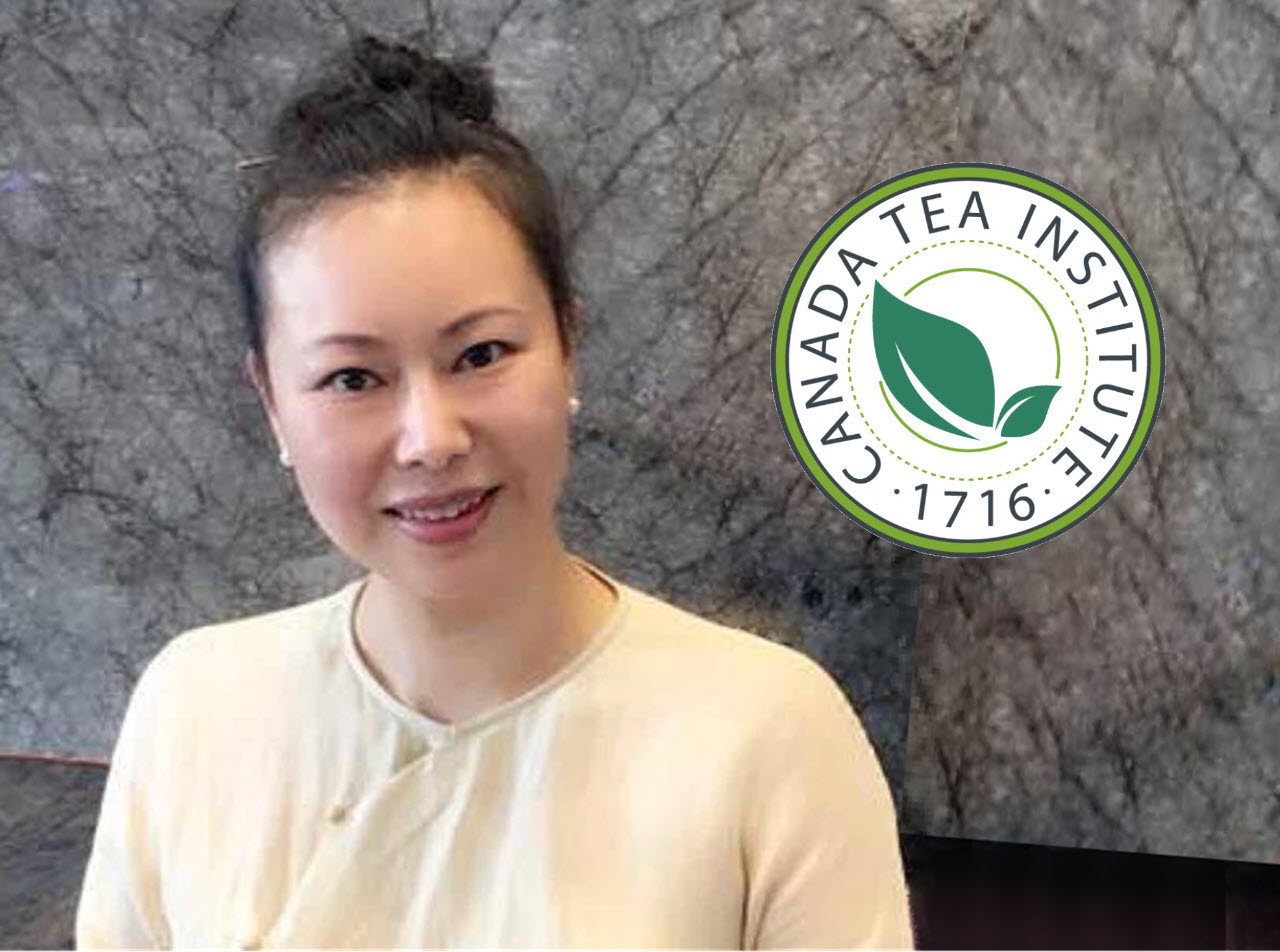
Invented in 1875, the aromatic “qi hong cha” or Keemun black tea, grown in Qimen County in China’s Anhui Province, quickly rose to prominence, explains senior tea master Lilian Xia, President of the Canada Tea Institute. She joins Tea Biz to recount the legacy of a Chinese market-savvy entrepreneur, Yu Ganchen, the pioneer of Qimen tea,…
-
Accelerating Sustainability

Liam Brody, the new Committee on Sustainability Assessment CEO, explains COSA’s role in intelligence-gathering and developing strategic tools that advance sustainable practices with “good business” underpinnings. He also shares his vision of how artificial intelligence will revolutionize and influence consumer behavior and perception of sustainable practices. | Episode 155 |
Frequently Asked Questions
Why did you consolidate all content on the Tea Biz Portal?
Tea Biz was a simple WordPress blog when it debuted ten years ago. The successful Kickstarter campaign that funded Tea Journey Magazine in 2015 required a more robust content management system, and the weekly podcast added multimedia content in 2021. The Tea Biz Portal enables professionals and enthusiasts to conveniently access more than 1,000 feature articles, news briefs, videos, recorded interviews, special issues, consumer ‘how to’ guides and price reports. Zeen101 powers the Leaky Paywall site and Steeped Content managed social media optimization, marketing, and design, working with Vantage IT Solutions to produce the visually stimulating portal’s user interface and automation.
How are the podcast, magazine, and blog distributed, and what is your reach?
Readership surveys reveal that 56% of our total audience are tea professionals. The remaining 44% identify as tea enthusiasts. Ninety-eight percent say they drink specialty tea. The magazine has the broadest reach, with a base of 16,000 paid and opt-in email subscribers in 76 countries. Geolocation statistics vary by channel, but up to two-thirds of our audience resides outside the US and Canada. Podcast listeners are concentrated in developed countries: 49% in North America, 32% in Europe, 14% in Asia, 3% in Australia, and 2% in Africa. Tea Journey has 25,000 social media followers. The podcast has accumulated 38,421 downloads. The Tea Biz blog circulates to 15,400 WordPress and LinkedIn followers, mainly professionals. In the past 365 days, LinkedIn posts generated 335,202 impressions. A breakdown follows: Owners 9%, Partner & Directors 25%, Senior Executives (MD-CEO) 21%, VPs 14%, C-level (marketing) 11%, Entry-level 14%, and Managers 5.8%.
Who contributes to the publications?
Over 100 contributors, most of whom reside in the tea lands, have published bylined articles since 2013. Tea is a fascinating and intricate topic… far more complex than anyone can master. That is why the Tea Biz Portal enlists writers skilled in 12 languages to tell the story of tea. Our expertise resides in storytelling by professionals who know the tea lands from birth and speak the native tongue. If you would like to contribute, contact editor Dan Bolton at [email protected]. You can also find Dan on WhatsApp, WeChat, and LinkedIn.
Why should I register?
Registering your business email address and sharing details about where you work enables Tea Biz to understand better and serve the interests of its global network of tea professionals. Registering is free. Doing so enriches our relationship and provides practical insights. Knowing your location, for example, assists us in delivering newsletters and notifications at appropriate times. Completing our content survey enables us to drill down to see your preferences. Click here to select from several platforms you can use to receive the weekly Tea Biz Podcast.



